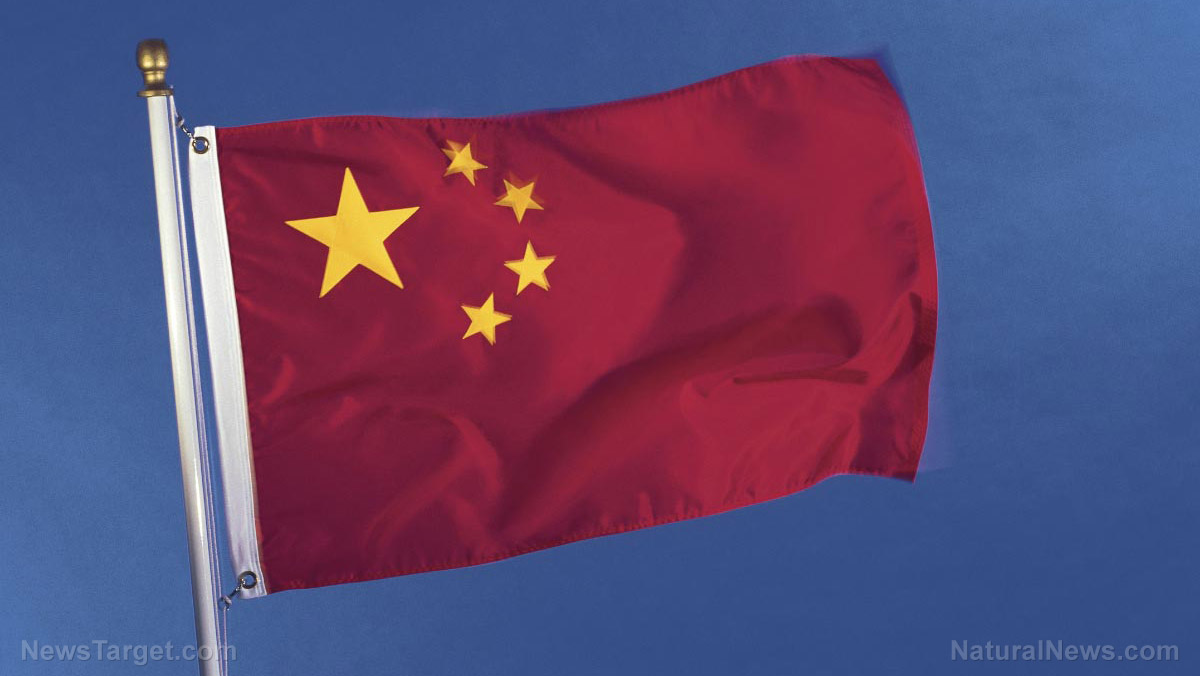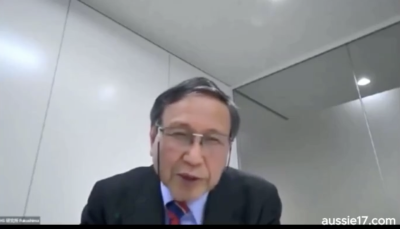NASA researcher and Texas AM professor accused of secret collaboration with China

(Natural News) A NASA researcher and professor at Texas A&M University was arrested on Sunday and charged with accepting federal grant money while concealing work that he was performing for a university set up by the Chinese government. In addition, he allegedly hid his affiliation with Chinese-owned companies.
53-year-old Zhengdong Cheng is now facing charges of conspiracy, false statements and wire fraud, according to the Justice Department’s criminal complaint.
Prosecutors are accusing Cheng of covering up his work for China while receiving $750,000 in grants for space research. NASA is barred from using funds for collaborations with China, Chinese-owned companies and Chinese institutions. Cheng violated these rules by maintaining several secret associations with China.
For example, he served as the director of a soft matter institute in a Guangdong technology university set up by the Chinese Ministry of Education. He also jointly formed a tech company devoted to designing microfluidic chips, the Justice Department alleges.
The DOJ said that he enjoyed “increased access to unique NASA resources, such as the International Space Station.”
In addition, he took part in talent recruitment programs that were linked to the Chinese government aimed at enticing professors at American universities to steal research for China.
Cheng was hired by Texas A&M University in 2004 as an engineering professor. Texas A&M Chancellor John Sharp said that the university worked with the FBI on the case and that they take security very seriously.
U.S. Attorney Ryan Patrick, the Southern District of Texas’s top federal prosecutor, said in a statement: “China is building economic and academic institutions with bricks stolen from others all around the world.”
Widespread DOJ crackdown on Chinese spies in American universities
The Justice Department has been cracking down on researchers at American universities who are hiding their professional relationships with Chinese institutions. Of particular concern are professors who can exploit their ties to China and their talent recruitment program participation in order to steal intellectual property that could benefit the CCP.
China’s Thousand Talents plan has been described by the Department of Justice as a Chinese Communist Party tool to “attract, recruit, and cultivate high-level scientific talent in furtherance of China’s scientific development, economic prosperity and national security.”
They add that the Chinese government often rewards people for stealing propriety information through the program.
Two months ago, the Department of Justice announced an indictment against Harvard University professor Charles Lieber, who they say made false statements to federal authorities relating to his work for a Chinese university. Lieber, the former chairman of the Chemistry and Chemical Biology Department at the university, had a contract to participate in China’s Thousand Talents plan for more than three years.
Meanwhile, a University of Arkansas professor was recently indicted on 42 counts of wire fraud and two counts of passport fraud related to his secret ties to China. Professor Simon Saw-Teong Ang failed to disclose financial and other ties to institutions in China to the university and American government agencies despite being obligated to do so.
He began working for the university in 1988 but was recently suspended when the charges came to light. According to American intelligence, he received benefits and money from China and enjoys close ties with several Chinese companies while receiving project grants from government agencies. He repeatedly failed to disclose these conflicts of interest on mandatory disclosures.
The Justice Department is currently carrying out a crackdown known as the China Initiative aimed at trade secret theft, economic espionage, and hacking on behalf of Beijing as well as those who threaten American infrastructure via foreign investment and compromises to the supply chain.
Sources for this article include:



